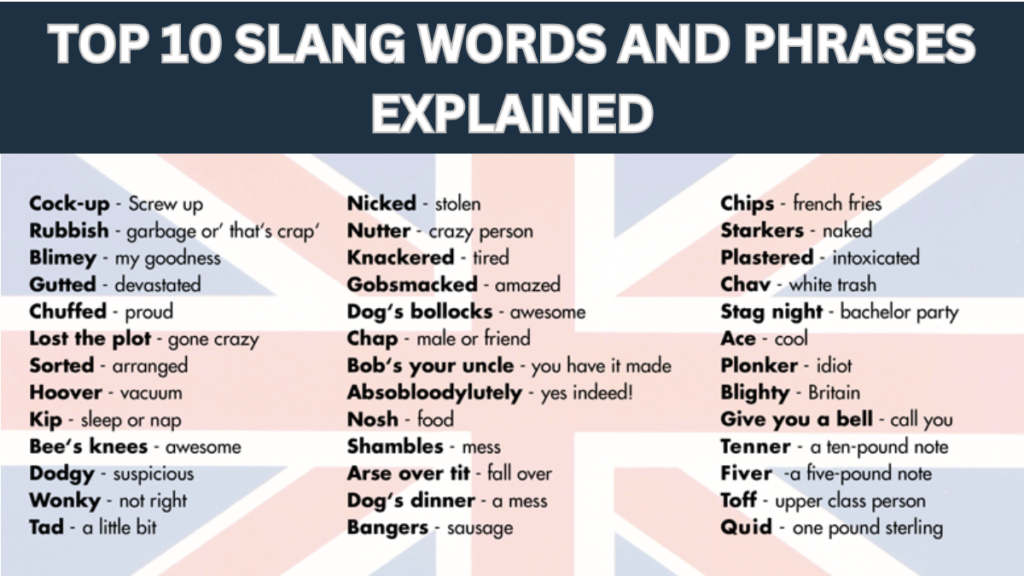Top 10 Great Alcoholic Writers
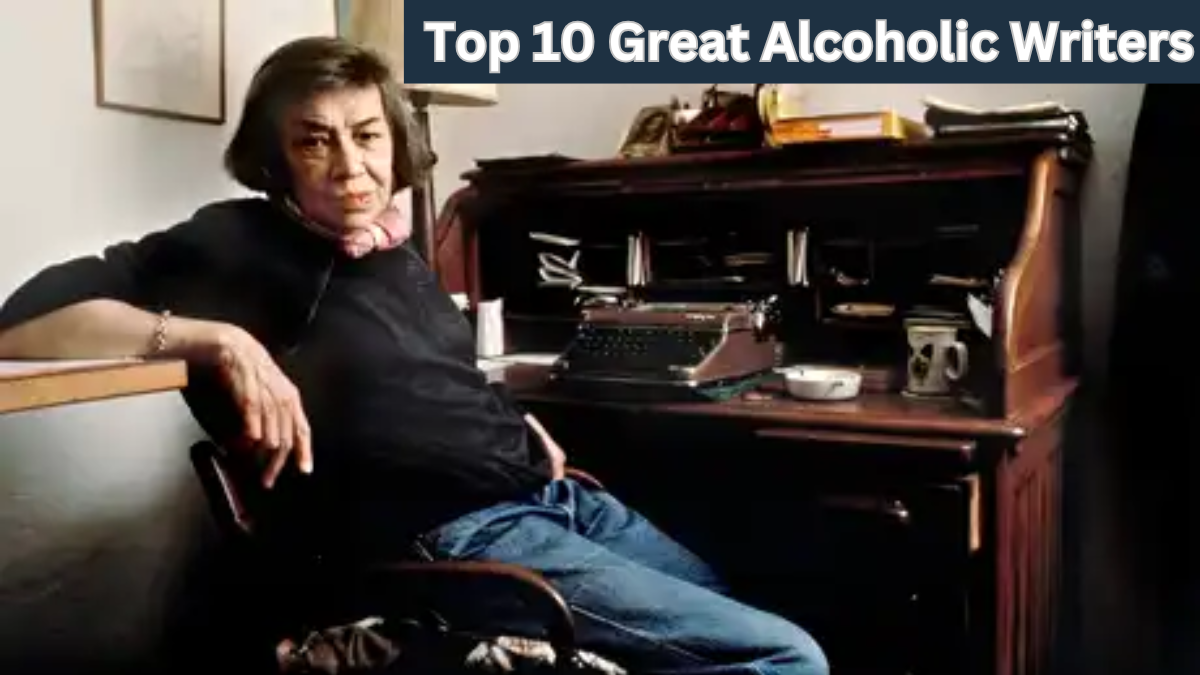
“Explore the lives and legacies of the top 10 famous writers who battled alcohol addiction, including Ernest Hemingway, F. Scott Fitzgerald, and James Joyce. Discover how their struggles influenced some of the greatest works in literary history.”
Ernest Hemingway (July 21, 1899 – July 2, 1961)
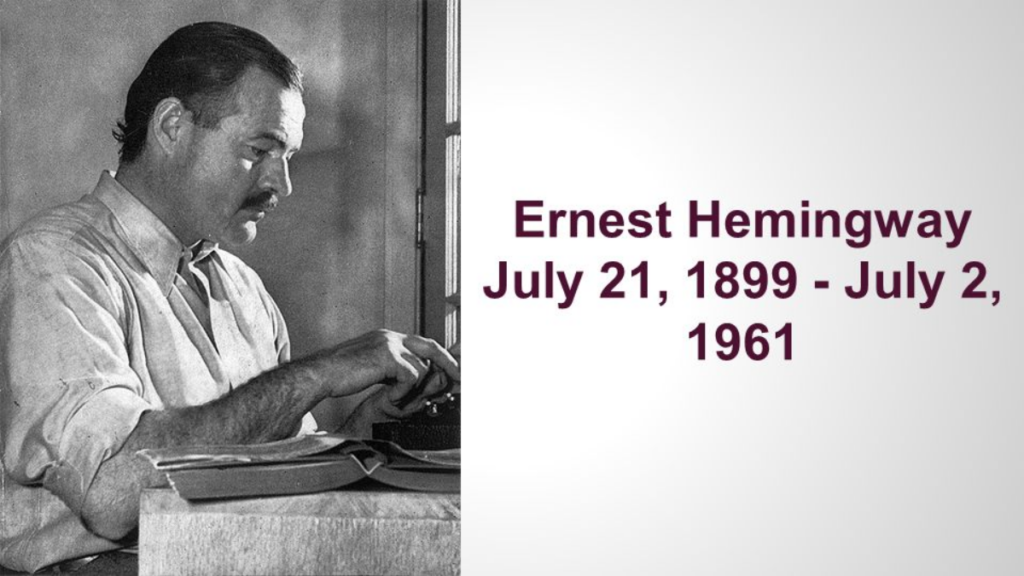
Ernest Hemingway’s love of alcohol is well-known, with drinking becoming an inseparable part of his life and work. However, his battles with alcoholism and mental illness ultimately contributed to his tragic suicide. Hemingway’s masterpiece, The Old Man and the Sea, is a testament to his talent and lasting impact, and he remains one of the most celebrated members of the “Lost Generation” of American expatriates.
James Joyce (February 2, 1882 – January 13, 1941)
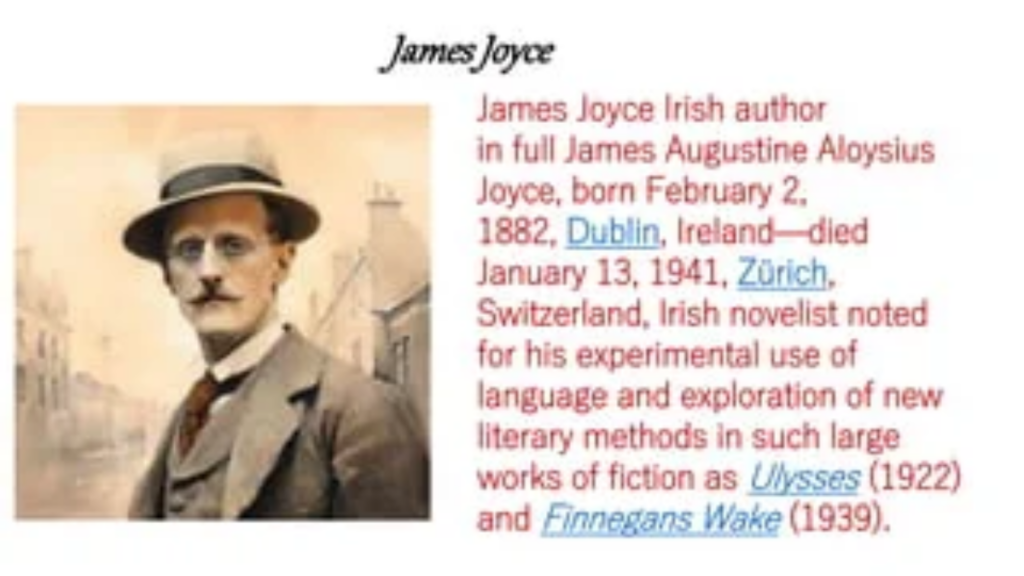
James Joyce, the Irish literary icon, is revered for his groundbreaking works Ulysses and Finnegans Wake. His excessive drinking often led to pub brawls and destructive binges, which became part of his complex personal life. Despite this, his contribution to modernist literature remains unparalleled.
F. Scott Fitzgerald (September 24, 1896 – December 21, 1940)
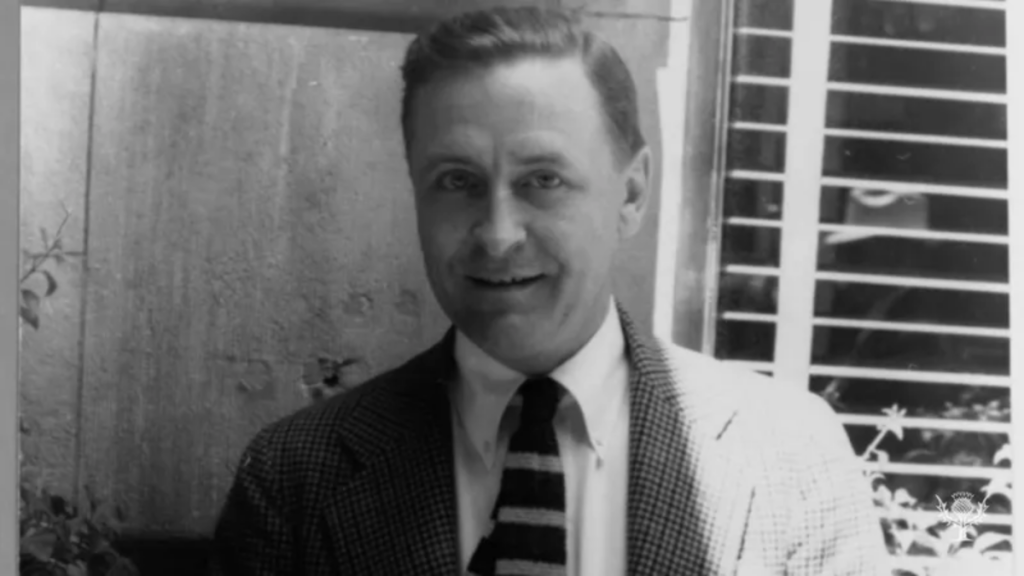
Fitzgerald’s novel The Great Gatsby epitomized the Jazz Age, a term he himself coined. Though immensely talented, his alcoholism began in college and plagued him throughout his life, ultimately contributing to his deteriorating health and a fatal heart attack at just 44.
Charles Bukowski (August 16, 1920 – March 9, 1994)
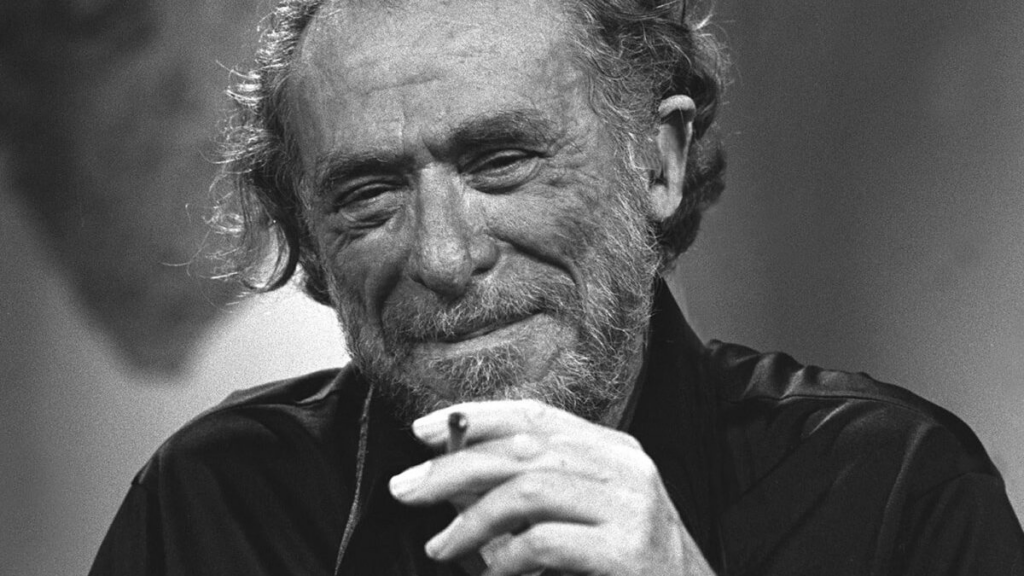
A life marked by struggle and abuse led Bukowski to alcohol from a young age. Despite his addiction, he became a prolific writer, celebrated for his raw, unfiltered portrayal of life’s darker sides. Bukowski’s works continue to resonate, demonstrating that his talent shone even through his struggles with alcohol.
William Faulkner (September 25, 1897 – July 6, 1962)
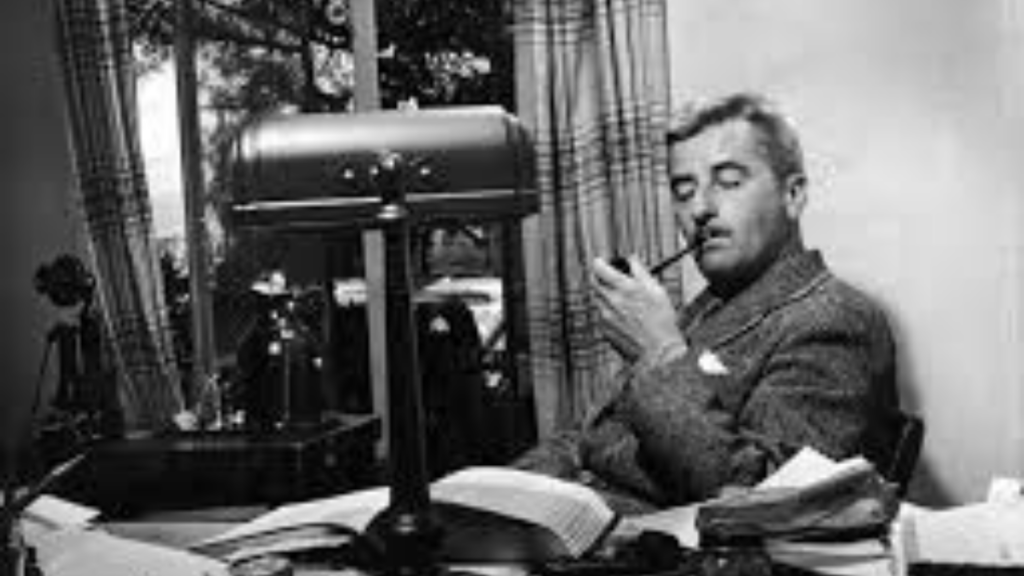
A Nobel laureate, Faulkner is renowned for his contribution to American literature, particularly with works like The Sound and the Fury. Though he used alcohol as an escape from life’s difficulties, he was disciplined, avoiding drinking while writing. Faulkner’s dedication to his craft earned him lasting admiration.
Jack Kerouac (March 12, 1922 – October 21, 1969)
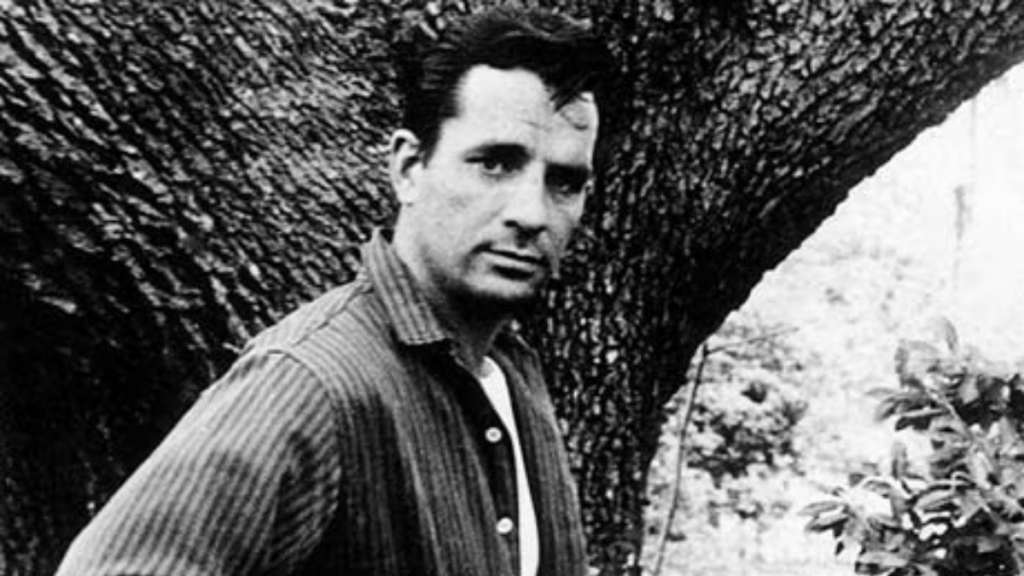
A pioneer of the Beat Generation, Kerouac’s life and works, including On the Road, captured a restless American spirit. However, his lifelong drinking led to health complications and an untimely death from liver cirrhosis at 47, cutting short a prolific literary career.
Truman Capote (September 30, 1924 – August 25, 1984)
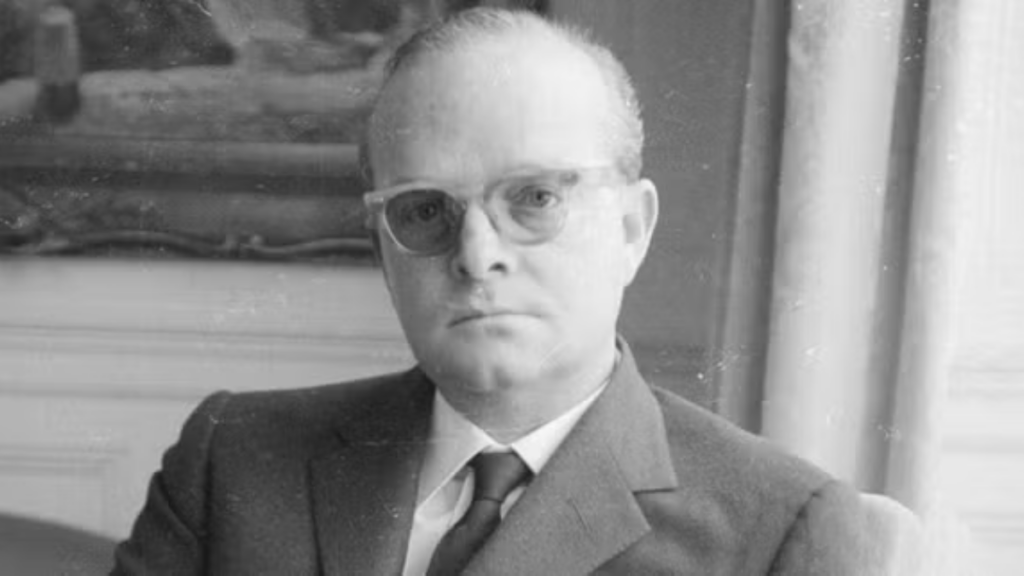
Known for Breakfast at Tiffany’s and In Cold Blood, Capote often relied on a double martini to start his writing sessions. His bouts with alcohol and run-ins with the law showcased the turbulence in his life, though he continued to create some of the 20th century’s most memorable works.
Edgar Allan Poe (January 19, 1809 – October 7, 1849)
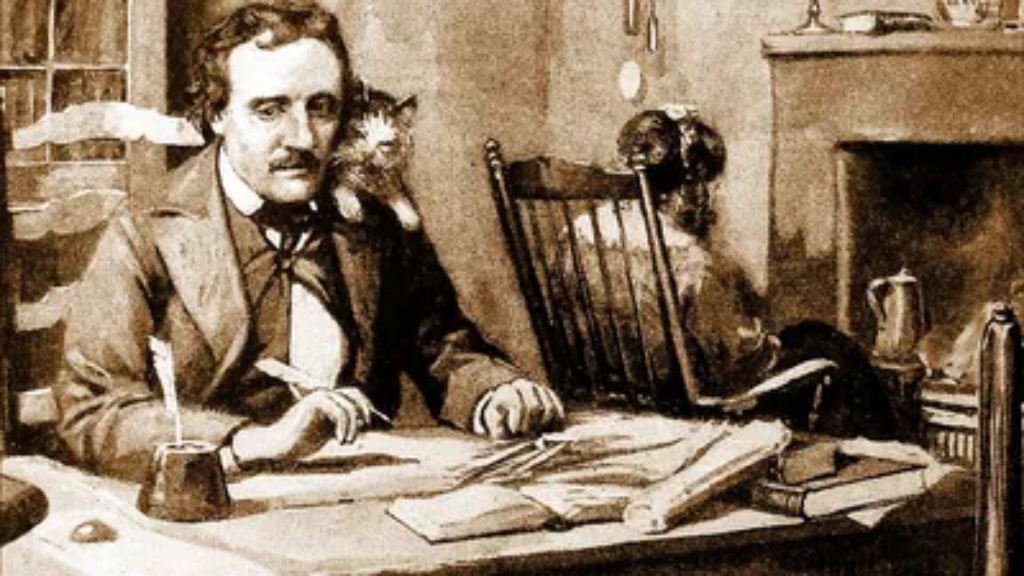
Poe, the father of the horror and detective fiction genres, had a troubled life marked by possible alcoholism and drug use. Though his death remains a mystery, his haunting works like The Raven and The Tell-Tale Heart remain influential and admired around the world.
Tennessee Williams (March 26, 1911 – February 25, 1983)
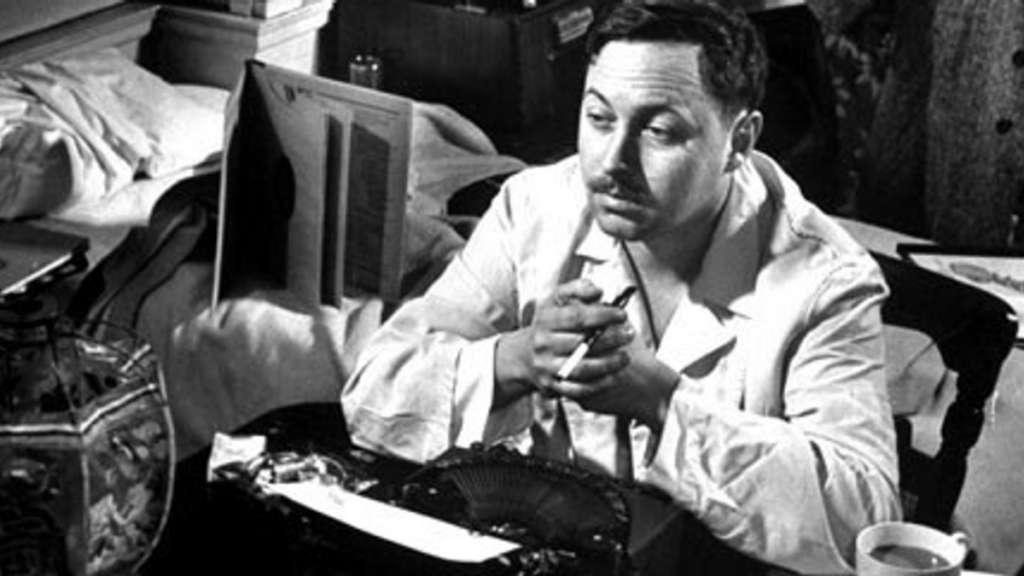
Best known for Cat on a Hot Tin Roof, Tennessee Williams imbued his works with themes from his own life, including struggles with alcoholism. His vulnerability and openness in his writing made him one of the most respected playwrights of his time.
Dylan Thomas (October 27, 1914 – November 9, 1953)
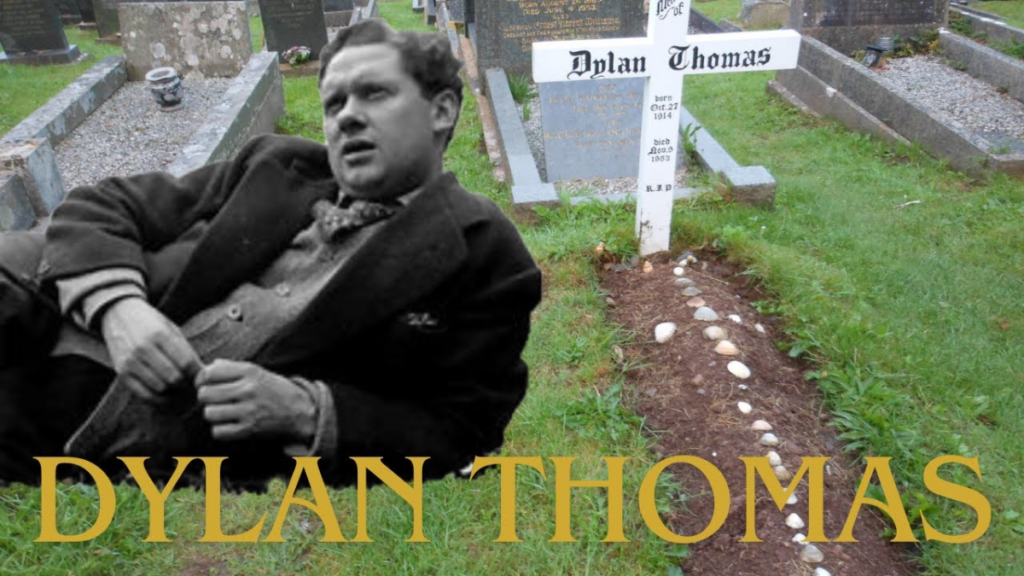
A towering figure in 20th-century poetry, Dylan Thomas’s life and poetry were marked by his love for drink. Tragically, his excessive drinking led to a fatal coma in New York City’s White Horse Tavern, leaving behind a legacy of brilliant works like Do Not Go Gentle into That Good Night.

